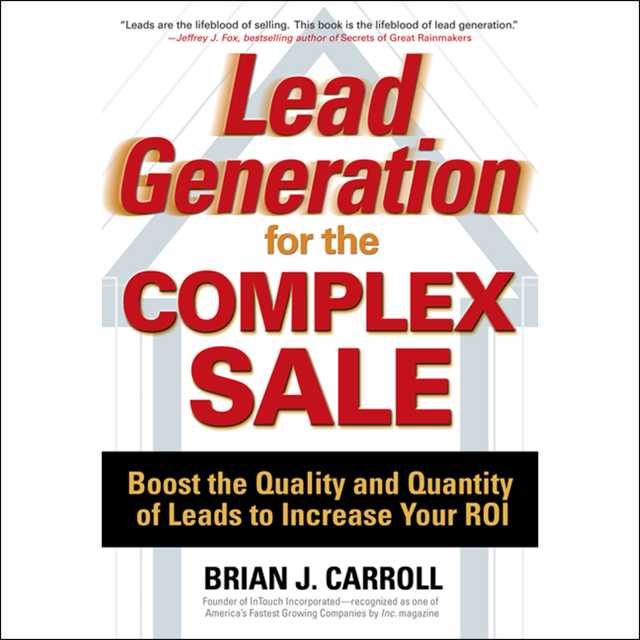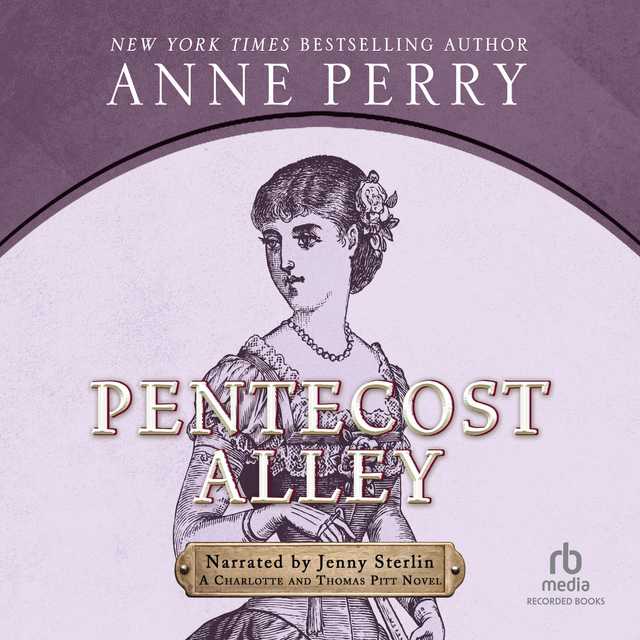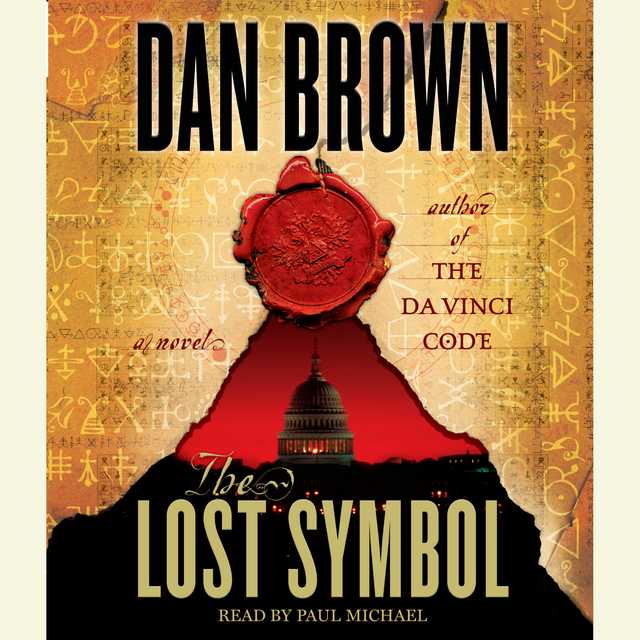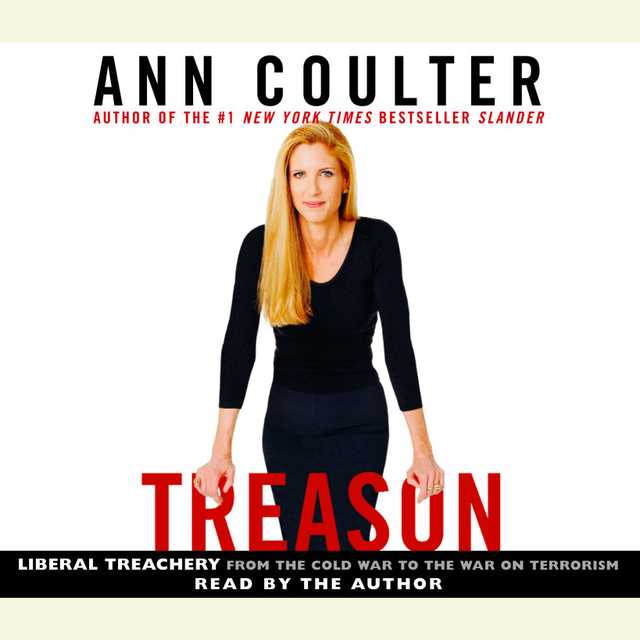Play Bigger Audiobook Summary
The founders of a respected Silicon Valley advisory firm study legendary category-creating companies and reveal a groundbreaking discipline called category design.
Winning today isn’t about beating the competition at the old game. It’s about inventing a whole new game–defining a new market category, developing it, and dominating it over time. You can’t build a legendary company without building a legendary category. If you think that having the best product is all it takes to win, you’re going to lose.
In this farsighted, pioneering guide, the founders of Silicon Valley advisory firm Play Bigger rely on data analysis and interviews to understand the inner workings of “category kings”– companies such as Amazon, Salesforce, Uber, and IKEA–that give us new ways of living, thinking or doing business, often solving problems we didn’t know we had.
In Play Bigger, the authors assemble their findings to introduce the new discipline of category design. By applying category design, companies can create new demand where none existed, conditioning customers’ brains so they change their expectations and buying habits. While this discipline defines the tech industry, it applies to every kind of industry and even to personal careers.
Crossing the Chasm revolutionized how we think about new products in an existing market. The Innovator’s Dilemma taught us about disrupting an aging market. Now, Play Bigger is transforming business once again, showing us how to create the market itself.
Other Top Audiobooks
Play Bigger Audiobook Narrator
Sean Pratt is the narrator of Play Bigger audiobook that was written by Play Bigger, LLC
Al Ramadan is a co-founding partner of Play Bigger Advisors. Al co-founded Quokka Sports, which revolutionized the way people experience sport online. He then joined Macromedia and Adobe, where he spent almost ten years changing the way people think about great digital experiences. At Adobe, Al led teams that created the Rich Internet Applications category and helped develop the discipline of experience design. In the early ’90s he applied data science to Australia’s Americas Cup — an innovation in sports performance analytics. His work in sailing led directly to the idea for Quokka. He lives in Santa Cruz, Calif.
About the Author(s) of Play Bigger
Play Bigger, LLC is the author of Play Bigger
More From the Same
- Publisher : HarperAudio
- Abraham
- American Gods [TV Tie-In]
- Dead Ringer
- House of Sand and Fog
- Prey
Play Bigger Full Details
| Narrator | Sean Pratt |
| Length | 8 hours 7 minutes |
| Author | Play Bigger, LLC |
| Category | |
| Publisher | HarperAudio |
| Release date | June 14, 2016 |
| ISBN | 9780062471932 |
Subjects
The publisher of the Play Bigger is HarperAudio. includes the following subjects: The BISAC Subject Code is Business & Economics, Entrepreneurship
Additional info
The publisher of the Play Bigger is HarperAudio. The imprint is HarperAudio. It is supplied by HarperAudio. The ISBN-13 is 9780062471932.
Global Availability
This book is only available in the United States.
Goodreads Reviews
Sten
February 04, 2018
This book will be among my top recommendations to any startup founder.The author's framework for creating categories (not just products) is super solid: from simple questions (aim to be different, not better) to big picture (aligning category, org, etc design efforts) to very tactical advice ("lightning strikes" as a launch tool).The real life stories were well researched, and non-obvious (like the backstory of energy shot products in US store check-outs; the rise and fall of Flash products for Macromedia, from category perspective). Special points for getting the facts behind Skype example right. :)As only critique, the book could be easily about 30% shorter without losing anything, really. Too many meta-references ("as we'll be talking in the next chapter") and chapter fillers for my taste.
Angela
June 29, 2019
The caveat with many business books is that they are written to teach you a concept, but rarely do they tell you how to apply that concept. I am pleased to say that Play Bigger is not one of those books. The authors of Play Bigger set out to take the idea of “Category Design” to the mainstream - the fact that “Category Design”, at its core, is not actually a new concept makes Play Bigger a fantastic example of the idea itself. The importance of a business differentiating themselves within a crowded space is not a novel concept in Marketing. However, by slapping a name on this thesis, Play Bigger has become the “Category King” of “Category Design”“Better leads to a faster horse; different leads to a Model T.”The biggest success in Play Bigger is that it not only sells the concept, but provides a practical guide to building something different, not just better. I found a number of tidbits that I would be able to directly action within my role, which differs from the majority of business books that leave me asking “yes but how do I apply this concept?”. For that reason, this is a book that I will undoubtedly refer to again - in my opinion a high compliment.My biggest criticism is that I felt many of the examples used to be quite generic. How many other books out there feature Apple, Amazon, Salesforce, Uber, Tesla and AirBnb - basically ALL of them. I believe there to be other compelling examples of “Category Kings” and fantastic “Category Design” beyond these predictable success stories that are analyzed ad nauseam.
Michael
May 29, 2019
Positioning: The Battle for Your Mind: How to Be Seen and Heard in the Overcrowded Marketplace, by Al Ries and Jack Trout, was the marketing mental mind map of their time.Now is the time to Play Bigger. The thoughts herein consume the mind of the Pirate, Dreamer and Innovators. This is the treasure map to meaning and mattering.Give up on marketing, let go of positioning: Play Bigger.Don't market.Matter.
Beau
July 24, 2016
This is a pretty bold thesis; to forego playing at the same level as your rivals, and instead forge your *own* category and become the category king. This is unlike any business development book I've come across to heard about.
Heather
October 31, 2017
The main premise of this book is this idea of "category kings" who are companies who come in and create a category where none existed before. The book leans heavily on big corporations like Apple and Salesforce to drive this point home. An example on how they created the category would be Salesforce taking CRM online. Previously companies had to invest millions in installing expensive CRM software on every computer they operated. Salesforce created a new category by putting a CRM online and having a monthly subscription based model to access it, saving companies millions of dollars while making Salesforce a billion dollar category king.If you are interested in the history and business aspects of how this kind of thing works, you'll find this book interesting. I was engaged with the book and learned a lot from it from this perspective, I just don't know how useful this book would be for everyday application to the common businessperson. I definitely don't think this is some groundbreaking marketing book or anything. If you are trying to start your own category king kind of company and are looking to pitch to Silicon Valley investors this book would be useful. In other words the application of this book would only apply to a very specific group of individuals.
Sven
April 12, 2018
Prologue: "Better leads to a faster horse; different leads to a Model T."Sometimes slightly messy, repetitive. For some, might feel like overselling and shallow.For me, the book had very insightful reflections on how to look at the things happening and especially at the new beginnings.Do not read this book if:1. You think the company with the best product wins.2. You believe there is room for a lot of winners in a market, that a rising tide lifts all boats and other feel-good hippy garbage.3. You’re okay with being good enough.4. You’re afraid to lean forward on your skis while you’re already going 80 miles per hour downhill.5. You’re an engineer who thinks marketing is what you do when you have a bush-league product.6. You’re a classically trained marketer who thinks reach and frequency win the game.7. You believe heady competition is the deal.8. You think an IPO is just a financial event.9. You think you’re not in the technology business and never will be, so you don’t think tech industry dynamics apply - you know, the way the taxi industry used to think.10. You work ad SAP.Need more insights, feel free to review others, or just grab the book!
Alison
August 02, 2019
There’s SO much to love about this book. It’s well written, makes some brilliant points, and in the idea of the ‘category’ brings together some of the best innovation and marketing thinking of recent years. But. It may be written by a team, but culturally this book is monolithic. Every word of every page reeks of macho Silicon valley surfer-dude. Their language is casually sexist – category king, strike master controller – and their metaphors straight from the pages of Boys’ Own: lightning strike, hijacks, pirates. Almost every single example they draw upon is from a male leader, and they work on the assumption that every company founder is intent on domination and then possibly a sale to Google at peak valuation. I imagine them all lounging round after a hard day’s surfing, drinking beer, talking tech and swapping phrases like ‘Go big or go home’ as they planned it. That lack of diversity has an oddly deadening effect: the exemplars they cite are limited in the main to giants like Apple, Google and Amazon who featured on pretty much every page with a smattering of other examples such as Salesforce and Corning (which was really only included, it turns out, because of its association with Apple). This overreliance on outliers is a serious flaw: the principles extrapolated from them may not necessarily be useful to the rest of us. The authors seem stuck in a trap of their own making: on the one hand they’re trying to establish their own category and get this new methodology – ‘Category is the new strategy’ – accepted by business thinkers , which means evidencing it in established companies and through business history, and on the other hand they’re writing a playbook for implementation. It can feel like a crisis of identity. And yet there are some superb points in this book. Here are just three insights that particularly struck me: • Better is not just not the same as different, it’s the opposite. The most famous articulation of this principle is of course Henry Ford’s assertion that ‘If I’d asked people what they wanted, they’d have said “Faster horses”’ (and they milk that for all it’s worth), but it’s still an excellent point, and perhaps the most pernicious element of the ‘gravity’ against which all really meaningful innovation must battle. • Successful new categories need new ecosystems – and that might include competitors. That’s why Elon Musk gave away his patents to kickstart the electric car category. If you’re to be successful, you need to identify the partners and enablers who will put in place the infrastructure that will make your vision reality. • The value of your company is not only related to its turnover and assets: what investors look for is headroom. When a company establishes a new category and crowns itself king, the future potential is enormous, and that can be reflected in seemingly crazy valuations. Top-line potential is more exciting to investors than bottom-line results. The book ends brilliantly with an invitation to apply category creation and design thinking to your own career: get clear on your POV (‘point of view’, or as the rest of us call it, story) and the problem you’re solving. And as a book coach and publisher, I loved how they talk about how writing this book was such a revelation for them: it forced them into their own category design process, making them articulate the problem they’re solving and what’s distinctive about their approach, bringing clarity and cohesion to their POV. The publication of the book was in their terms a ‘lightning strike’, the focused event that breaks through the noise. It’s a great description of why writing a business book is a solid business activity, whatever your category.
Aaron
December 17, 2018
I am currently doing market research and think I have discovered a problem that needs solving. This book along with "Building a StoryBrand" have helped clarify how to educate the market on the problem they have.
David
June 04, 2018
Wasn't sure what I was in for but I do know my brain hurts from all the thinking and notes taken for solid new ideas.Read at your own risk!
Mo
November 01, 2016
Book explains how important is for a company to focus on Category design, POV and other actions following it to place the company as a category king. Authors took examples from successful tech companies like Apple, Google, Facebook, Amazon, Salesforce and UBER picked their category and stayed on top of it.Books like Innovators and 'Seeing what next' explains how important is to innovate and continuous integration is important for an organization. In this book they have framed terminology like Category King - Category design - POV - Lightening strikes - Mobilization - Flywheel - Continuous category creation - Category Harvesting and made that as a process.
Matt
April 07, 2021
Super well written, and very insightful. Does a convincing job of evangelising their different rather than better approach as a guiding principle, with fantastic examples proving their point that building categories is the key to succeeding. They evangelise so hard, that at points it's boarding on a cultish adherence to this idea, which somewhat puts me off. You can feel that they're unwilling to pick or expect any holes in their approach and so it becomes a bit of a Theory of Everything that falls slightly short (the chapter on applying the approach to your career and how Gandhi prepared the market to accept his ideas was particularly square-peg-round-hole-y). Also completely dodge any of the morality of monopolies/winner takes all capitalism stuff in the tradition of 'someone's doing it so you may as well be the one who takes it' but I didn't really expect them to be ethically creditable. Still learnt a lot and loved the examples and the guided approach it takes you through as you go through the meat of the book.
Brian
November 29, 2020
I come from the startup world so I love books that talk about starting and building companies. This one is all about a new concept in that process — category design.In short, category design is all about deciding, ahead of time, what category your company is going to dominate, then building your org in a way that allows you to do just that. Of course, that’s much easier said than done, but the authors lay out the process in an easily digestible fashion.Though I probably won’t be leveraging their lessons myself, I was fascinated to hear some of the backstories behind the world’s largest companies and how they too methodically plotted out their categories, even created new ones, to ensure their eventual success.I give this one high marks both for how fun it was to read and for teaching me about a subject I hadn’t heard much of before.-Brian SachettaAuthor of “Get Out of Your Head”
Akarapon
October 31, 2020
This is quite an eye-opening business book for me (in case a new chick in the business world). The authors explain the theory behind the success case of well-known technology corps, naming that theory they explored 'CATEGORY DESIGN'. The brief concept of it is that when you try to be 'BETTER', you're going to climb someone ladder, not guaranteeing that you will become the highest on that ladder among the others. But, if you entirely wash your mind and think about creating your own new category, you'll grab a significant chance to be a king of that category (aka CATEGORY KING) with the others climbing behind on your ladder. For this is considered try to be 'DIFFERENT' instead of being better to be the sum concept of PLAY BIGGER which could be applied for either in doing business, creating your personal branding, or become a leader of thought.
Most Popular Audiobooks
Frequently asked questions
Listening to audiobooks not only easy, it is also very convenient. You can listen to audiobooks on almost every device. From your laptop to your smart phone or even a smart speaker like Apple HomePod or even Alexa. Here’s how you can get started listening to audiobooks.
- 1. Download your favorite audiobook app such as Speechify.
- 2. Sign up for an account.
- 3. Browse the library for the best audiobooks and select the first one for free
- 4. Download the audiobook file to your device
- 5. Open the Speechify audiobook app and select the audiobook you want to listen to.
- 6. Adjust the playback speed and other settings to your preference.
- 7. Press play and enjoy!
While you can listen to the bestsellers on almost any device, and preferences may vary, generally smart phones are offer the most convenience factor. You could be working out, grocery shopping, or even watching your dog in the dog park on a Saturday morning.
However, most audiobook apps work across multiple devices so you can pick up that riveting new Stephen King book you started at the dog park, back on your laptop when you get back home.
Speechify is one of the best apps for audiobooks. The pricing structure is the most competitive in the market and the app is easy to use. It features the best sellers and award winning authors. Listen to your favorite books or discover new ones and listen to real voice actors read to you. Getting started is easy, the first book is free.
Research showcasing the brain health benefits of reading on a regular basis is wide-ranging and undeniable. However, research comparing the benefits of reading vs listening is much more sparse. According to professor of psychology and author Dr. Kristen Willeumier, though, there is good reason to believe that the reading experience provided by audiobooks offers many of the same brain benefits as reading a physical book.
Audiobooks are recordings of books that are read aloud by a professional voice actor. The recordings are typically available for purchase and download in digital formats such as MP3, WMA, or AAC. They can also be streamed from online services like Speechify, Audible, AppleBooks, or Spotify.
You simply download the app onto your smart phone, create your account, and in Speechify, you can choose your first book, from our vast library of best-sellers and classics, to read for free.
Audiobooks, like real books can add up over time. Here’s where you can listen to audiobooks for free. Speechify let’s you read your first best seller for free. Apart from that, we have a vast selection of free audiobooks that you can enjoy. Get the same rich experience no matter if the book was free or not.
It depends. Yes, there are free audiobooks and paid audiobooks. Speechify offers a blend of both!
It varies. The easiest way depends on a few things. The app and service you use, which device, and platform. Speechify is the easiest way to listen to audiobooks. Downloading the app is quick. It is not a large app and does not eat up space on your iPhone or Android device.
Listening to audiobooks on your smart phone, with Speechify, is the easiest way to listen to audiobooks.






























